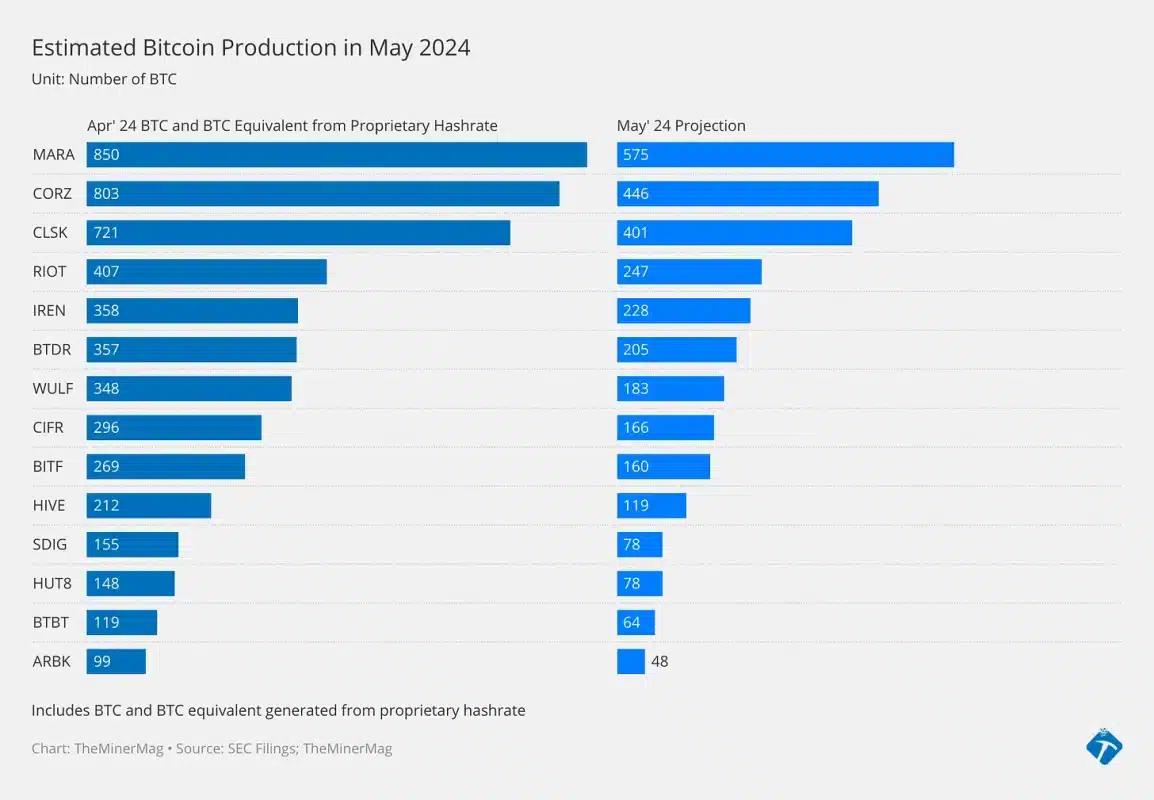Riot’s hostile takeover bid against fellow bitcoin mining company Bitfarms has been resolved following a settlement agreement reached between the two companies.
In a joint announcement on Monday, Bitfarms and Riot detailed the terms of the settlement, which comes ahead of Bitfarms’ special shareholder meeting scheduled for November 6.
Notably, Andrés Finkielsztain has stepped down from Bitfarms’ board of directors, and Amy Freedman, previously nominated by Riot, has been appointed to the board immediately.
This settlement marks, at least for now, an end to the contentious situation between Riot and Bitfarms, a conflict that emerged as the bitcoin mining industry entered a period of consolidation following the bitcoin halving. As of Aug. 20, Riot had invested $180 million to accumulate 19.9% of the outstanding shares of Bitfarms as part of its hostile takeover bid.
As part of the agreement on Monday, Riot has agreed to withdraw its June 24 requisition for a special shareholder meeting and to adhere to customary standstill provisions until Bitfarms’ 2026 Annual Meeting, with certain exceptions.
A special shareholder meeting is still planned for November, where shareholders will be asked to approve an expansion of Bitfarms’ board from five members to six. Shareholders will also vote to ratify Bitfarms’ shareholder rights plan announced in July. Riot has indicated it will vote in favor of both proposals.
The settlement agreement also outlines provisions that grant Riot certain rights to purchase more Bitfarms shares if its stake holds 15% or more. However, under the standstill provisions, Riot is prohibited from acquiring more than 20% of Bitfarms without board approval, unless it’s for making a formal takeover bid that complies with Canada’s National Instrument 62-104 regulation. This regulation safeguards shareholder interests and ensures fairness in takeover transactions by requiring disclosure filings.








Share This Post: